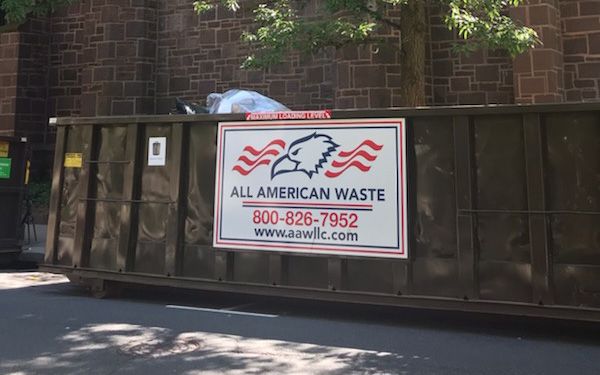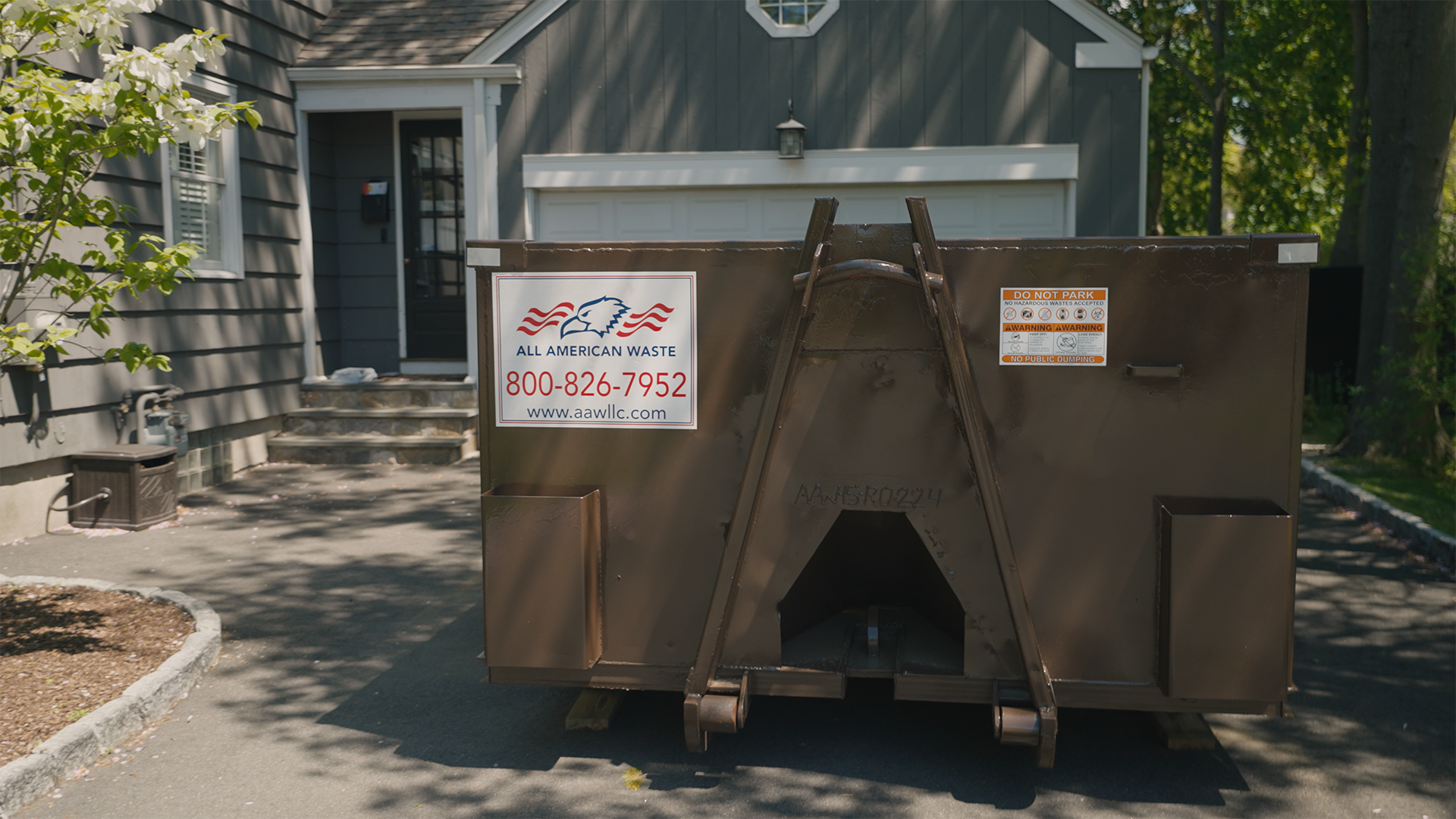Tips to Reduce Weight in Your Dumpster Rental

Planning a cleanup or renovation project? You’ve picked the right dumpster size, calculated the space you’ll need — and then suddenly realize: you might be over the weight limit. Don't panic — there are a few smart ways to reduce the overall weight of your load and avoid overage fees.
Whether you're renting a dumpster for household junk, yard waste, or light construction debris, these tips can help keep your tonnage — and your costs — under control.
Understand Dumpster Weight Limits
Most temporary dumpster rentals include a specific weight allowance based on the size of the container. If you exceed this limit, you’ll be charged an overage fee, usually ranging from $120 to $160 per ton.
For example, a 15-yard dumpster might include 2 tons of material. Go over that, and you're looking at additional costs. Luckily, with a few proactive steps, you can avoid tipping the scales.
1. Cover Your Dumpster to Keep Out Rain and Snow
Water adds weight — fast. Since most residential dumpsters are open-top, rain, snow, sleet, and hail can soak your contents and dramatically increase tonnage.
Absorbent items like:
- Mattresses
- Clothing
- Upholstered furniture
- Cardboard or paper items
…will soak up moisture and quickly make your dumpster heavier.
Tip: Cover your dumpster with a tarp when it’s not in use. Secure it with rocks, bungee cords, wooden planks, or filled containers. This will:
- Keep precipitation out
- Reduce weight
- Deter others from sneaking trash into your container
2. Recycle Whenever Possible
Before you start tossing everything in the dumpster, check if your local recycling programs can take certain items off your hands for free.
✔ Appliances containing refrigerant (like Freon) (including fridges or AC units) are often subject to disposal fees — but many towns offer free pickup.
✔ Furniture or large recyclable items might also be eligible for free collection through your town's public works department.
✔ Clean fill materials (such as uncontaminated soil, rocks, and stones) might be accepted by landscaping companies or fill sites — and some might even pay you for them!
✔ Compost food waste if your town offers a program. Many Connecticut and Massachusetts towns are now launching food scraps recycling initiatives, so check your local resources.
3. Donate, Sell, or Give Away What You Can
If you’re tossing items that still have life in them, consider donating or giving them away before tossing them in the dumpster.
- List items for free or for sale on Facebook Marketplace, or local community boards
- Hold a yard sale before your cleanup starts
- Place items curbside with a “FREE” sign — you’d be surprised how quickly they go
- Donate to local organizations that accept:
- Clothing
- Furniture
- Small appliances
- Toys and books
-
This helps reduce weight and diverts usable goods out of the waste stream.
Save Money While Staying Green
By following these simple tips, you’ll not only avoid extra charges but also reduce waste, support your community, and help protect the environment.
Still have questions about your dumpster rental or want help choosing the right size? Give us a call at (800) 826-7952 — our team is here to help make your project easier from start to finish.


